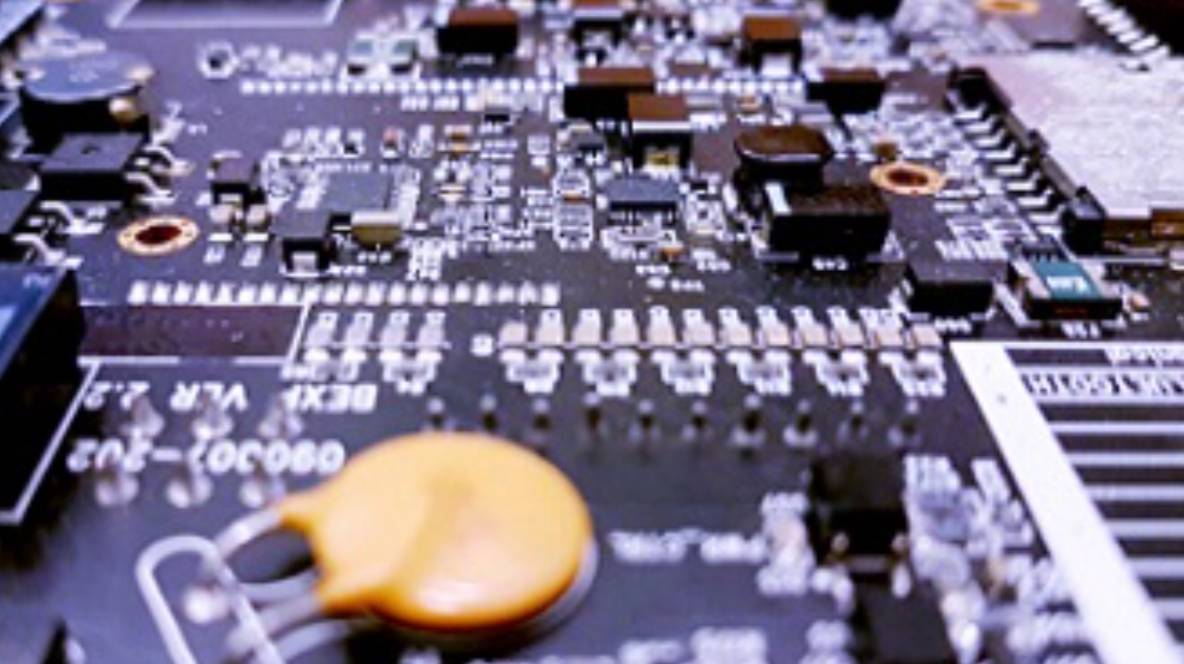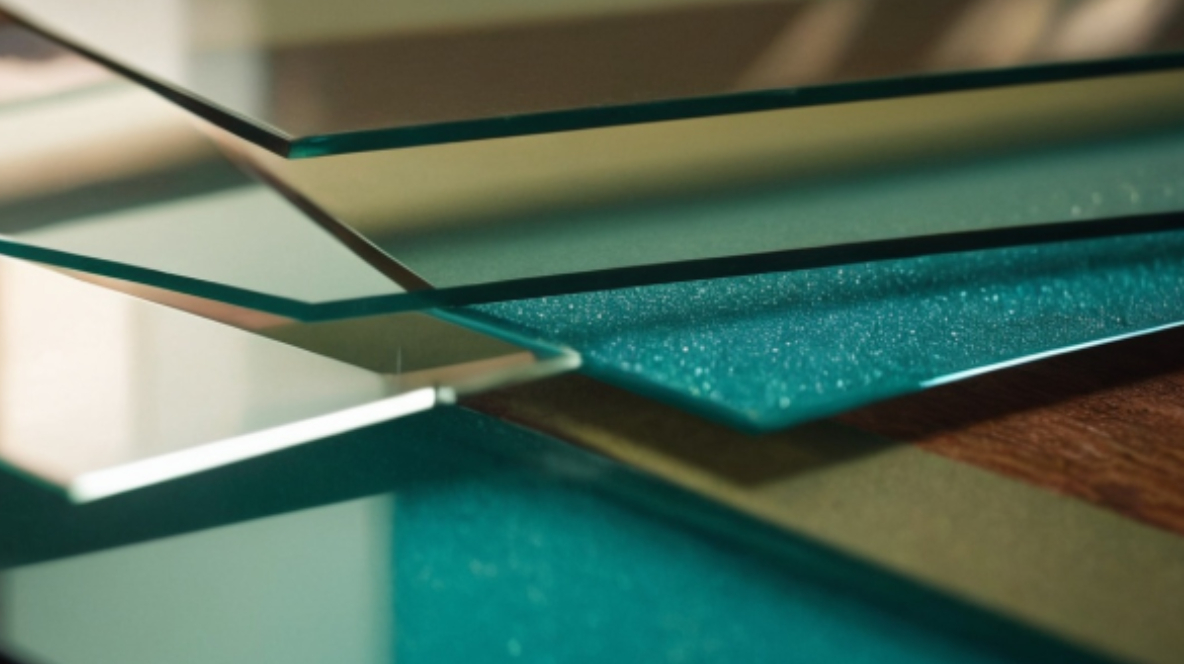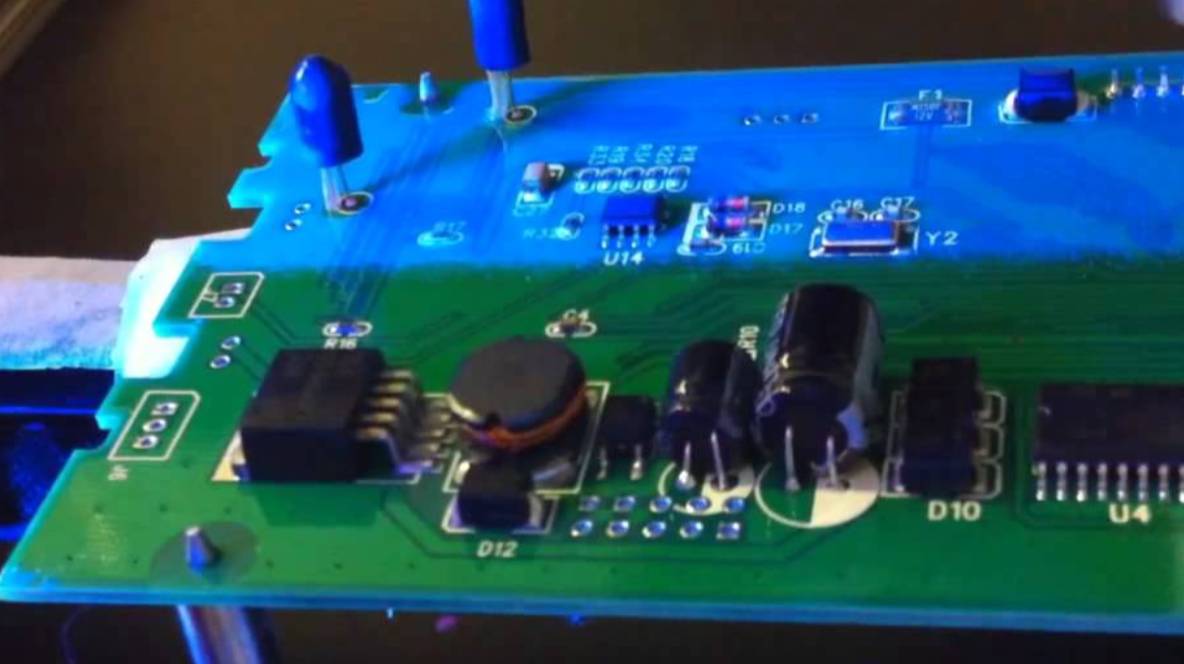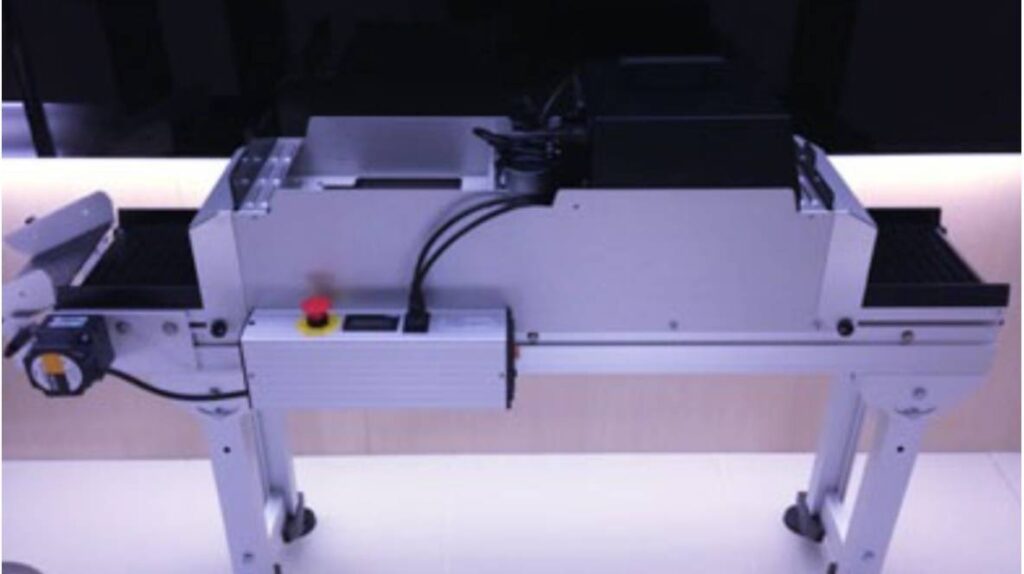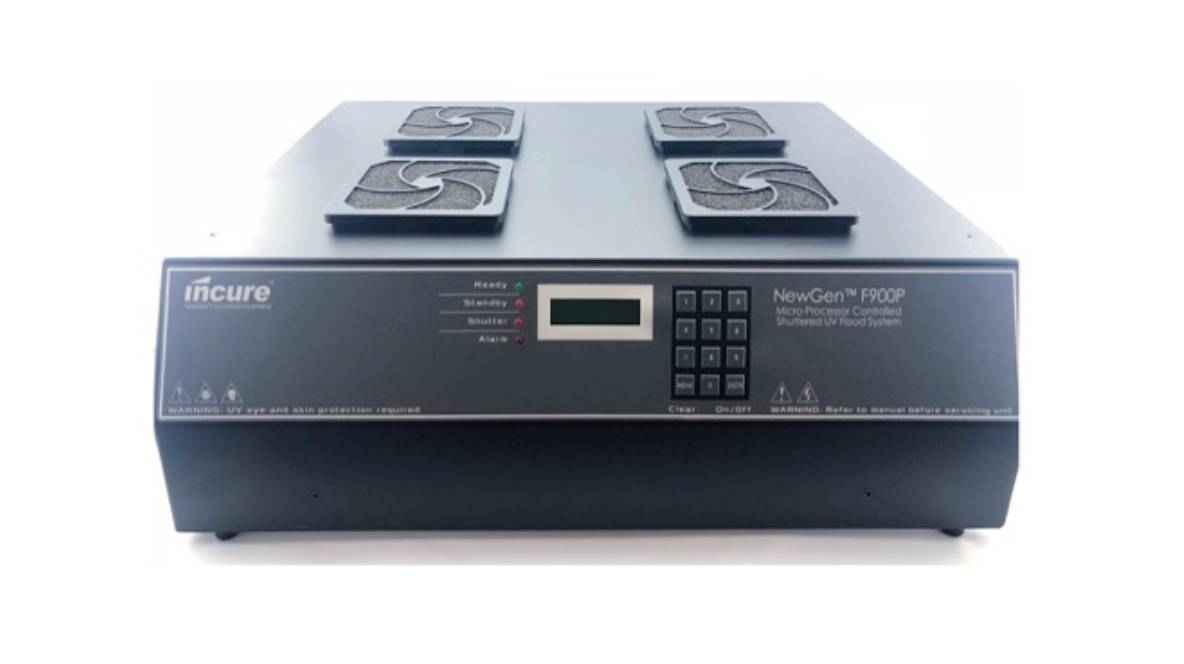UV Glue for PCB: Instant Bonds & Protection | Incure Solutions
In the fast-paced world of electronics manufacturing and repair, every second counts, and every connection matters. Printed Circuit Boards (PCBs) are the beating heart of nearly all electronic devices, and ensuring their reliability and longevity is paramount. This is where UV glue for PCB emerges as an indispensable solution.
Far more than just an adhesive, specialized UV-curable materials are revolutionizing PCB assembly, protection, and repair. If you’re a professional in electronics manufacturing, a technician, or even an advanced hobbyist working on intricate circuits, understanding the power of UV glue for PCBs can significantly elevate your projects.
And for those seeking the best in UV adhesive technology, Incure offers a comprehensive range of solutions designed to meet the rigorous demands of PCB applications.
What is UV Glue for PCB?
UV glue for PCB refers to a class of specially formulated adhesives and coatings that rapidly cure (harden) upon exposure to specific wavelengths of ultraviolet (UV) light. Unlike traditional glues that dry slowly or require heat, UV glue offers instant solidification, making it ideal for the precision and speed required in electronics.
These adhesives are composed of monomers, oligomers, and photoinitiators. When UV light hits the photoinitiators, a chemical reaction occurs, causing the material to crosslink and form a durable, solid bond in seconds.
Why is UV Glue Essential for PCBs?
The benefits of using UV glue on PCBs are extensive, addressing critical needs in the electronics industry:
- Lightning-Fast Curing: The most significant advantage. Curing times range from a few seconds to a minute, drastically reducing production bottlenecks and enabling immediate handling and testing of PCBs. This translates to higher throughput and efficiency.
- Enhanced Bonding Strength & Durability: Once cured, UV adhesives form incredibly strong, reliable bonds that resist vibration, shock, moisture, and temperature fluctuations. This is crucial for electronic devices that operate in diverse or harsh environments.
- Precision Application: Many UV glues for PCBs are designed with controlled viscosity, allowing for incredibly precise dispensing. This is vital for securing tiny components, wire tacking, or applying thin, uniform layers of protection.
- Low Thermal Stress: Unlike heat-cured epoxies, UV curing generates minimal heat. This is critical for bonding temperature-sensitive electronic components, preventing potential damage or degradation.
- Protection Against Environmental Factors: UV-curable coatings, such as conformal coatings or potting compounds, provide an effective barrier against moisture, dust, chemicals, and contaminants, significantly extending the lifespan of PCBs.
- Reduced Waste & Rework: The “cure on demand” nature means the adhesive won’t harden until exposed to UV light, providing ample time for precise component placement and minimizing errors and material waste.
- Solvent-Free & Environmentally Friendlier: Many UV glues are 100% solids, meaning they contain no volatile organic compounds (VOCs) or solvents. This contributes to a safer working environment and reduces environmental impact.
- Electrical Insulation Properties: Many formulations offer excellent dielectric properties, providing crucial electrical insulation for sensitive circuits.
Key Applications of UV Glue on PCBs
UV glue for PCB is incredibly versatile and finds application across various stages of electronic manufacturing and repair:
- Component Bonding & Staking: Securing delicate components (like ICs, capacitors, or resistors) to the PCB before or after soldering, preventing movement during subsequent processes or impacts.
- Wire Tacking & Strain Relief: Anchoring fine wires, coil terminations, and larger components (e.g., connectors) to prevent stress on solder joints from vibration or handling.
- Conformal Coating: Applying a thin, protective layer over the entire PCB assembly to shield it from moisture, dust, and chemicals. UV-curable conformal coatings are popular due to their fast curing and excellent protection.
- Potting & Encapsulation: Encasing sensitive electronic components or entire circuits in a protective, solid mass, offering superior environmental protection and mechanical shock resistance.
- Solder Mask & Repair: Certain UV-curable resins can function as solder masks to protect copper traces during soldering or can be used for quick repairs of damaged solder masks or traces.
- Tamper-Proofing: Applying a UV-cured dot or seal over screws or sensitive adjustments to indicate tampering.
Incure: Your Trusted Partner for UV Glue for PCB Applications
At Incure, we understand the critical role that advanced adhesives play in the performance and reliability of electronic devices. We specialize in providing high-quality UV glue for PCB applications, backed by our expertise and commitment to innovation.
How Incure Supports Your PCB Projects:
- Tailored UV Adhesives: We offer a specialized portfolio of UV-curable adhesives designed specifically for the unique demands of PCB bonding, protection, and encapsulation. Our range includes varying viscosities, flexibilities, and properties to match your exact needs.
- High-Performance Formulations: Our UV glues are engineered for superior adhesion to common PCB substrates (FR-4, ceramics, metals) and electronic components, ensuring robust and long-lasting performance even in challenging conditions.
- Technical Expertise: Our team of adhesive specialists can provide in-depth technical support, helping you select the optimal UV glue and curing parameters for your specific PCB assembly or repair process.
- Integrated Solutions: Beyond the adhesives themselves, Incure also provides compatible UV curing equipment, including powerful UV lamps and LED systems, ensuring a perfect match for optimal curing results.
- Quality and Reliability: We are dedicated to delivering products that meet the highest industry standards, ensuring consistent performance and peace of mind for your critical electronic assemblies.
- Scalable Supply: Whether you require small quantities for prototyping and repair or bulk solutions for high-volume manufacturing, Incure is equipped to support your production scale.
Future-Proof Your Electronics with Incure’s UV Glue for PCB
As electronic devices continue to miniaturize and become more complex, the need for advanced bonding and protection solutions like UV glue for PCB will only grow. Partner with Incure to leverage the latest in UV adhesive technology, enhancing your product’s performance, durability, and manufacturing efficiency.
Ready to optimize your PCB projects? Explore Incure’s range of UV glue solutions today or contact our experts for a personalized consultation!
